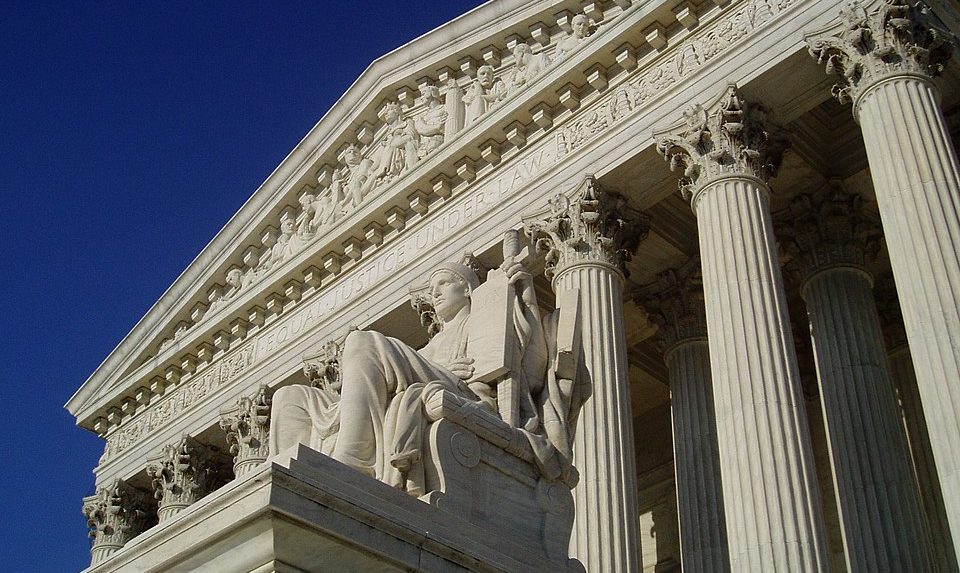
Case Update
Case Status: Partial Win: The Supreme Court struck down the UM undergraduate admissions system but upheld the law school system.
Gratz v. Bollinger; Grutter v. Bollinger
- Categories:
- Civil Rights
Supreme Court's mixed decision on race preferences
“The court’s mixed decision strikes a blow against one form of race-based preferences,” said Terry Pell, President of Center for Individual Rights (CIR). “It openly addressed the dirty little secret of this case: the use of segregated admissions tracks, bonus points, grids and other quota-like devices for college admissions. “
Critics of race-based preferences should take heart from the fact that the court struck down the point-system used by the University of Michigan’s undergraduate college,” he said. “The court, however, failed to strike down the law school’s policy of allowing a diversity officer to quietly make race the deciding factor in admissions. The court failed to recognize that the law school’s practice is, if anything, more egregious. “This makes today’s decision a tricky one for universities,” he said. “It heightens the risk for universities that want to continue to use racial preferences in college admissions. Although the court upheld the law school system, this too, will end up as cold comfort for Michigan and schools with similar practices. Anything they do will likely be a smokescreen for quotas-and that just puts us back in litigation.”
Pell, who heads the public interest law firm representing the three plaintiffs, said the top court’s decisions did not take into account the five states that are achieving minority enrollment without discrimination. “California, Florida, Georgia, Texas and Washington have kept minority enrollment above Michigan’s stated goal of at least ten percent,” Pell said. “They’ve managed to do this in most community colleges,flagship universities and professional schools without resorting to discrimination against applicants on the basis of race.”
Pell noted that today’s decision will end some of the university’s unlawful practices on behalf of African American, Hispanic and Native American applicants.
For undergraduate applicants in these preferred racial categories, the University of Michigan’s College of Literature, Science and the Arts added “bonus” points to their admissions index. “This is tantamount to adding a full-grade point,” Pell said, noting that this policy effectively discriminated against more accomplished students. “The Court upheld the law school’s practice of achieving the same effect in an informal, private way,” he said. “However, the complexity of today’s decisions make it risky for most schools to rely these means. Few schools can afford the risk that someday, a federal judge may find their standards amount to a quota system.
“Today’s mixed verdict is ultimately bad news for those who would uphold preferences,” Pell said. “It is just another in a long series of verdicts that are whittling away at the flawed logic of race-based preferences.”
In 1996, CIR won a landmark lawsuit, Hopwood v. Texas, that resulted in a ruling that overturned the system of racial preferences at the University of Texas Law School on the basis that it violated the equal protection clause of the U.S. Constitution. “CIR was a very lonely voice then,” Pell said. “We were the first to say what others were thinking-that it’s flagrantly wrong to judge people by race, and that universities were violating even the loose standards of Bakke. “We were confident that if people understood what these admissions officers were really doing, they would understand why it was unfair,” Pell said. “It’s evident that the American people agree. In 2001, a Washington Post poll showed that nearly 9 out of 10 Americans from all racial groups had come to believe that race shouldn’t be a factor in college admissions or employment.
“Today’s mixed verdict is the beginning of the end of race preferences.”
Photo: “Statue Authority of Law, which sits on the south side of the entrance stairs” by Matt H. Wade licensed under CC BY-SA 3.0.
